MAGNA & The Promised Land
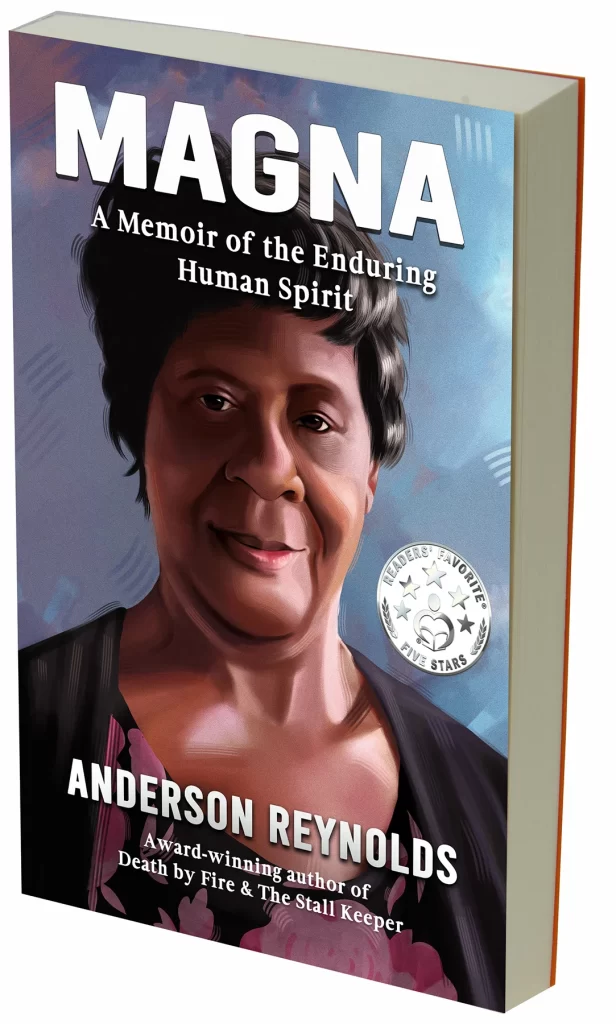
I’m pleased to announce that my two new books, Magna: A Memoir of the Enduring Human Spirit and The Promised Land, are now published and available on Amazon. Both books will be available in St. Lucian outlets by Friday 2 June, following which I will be conducting book signings and readings throughout the island, and hopefully, as well as in Barbados, New York, Atlanta, and other North American cities.
Magna: A Memoir of the Enduring Human Spirit, the second book of my memoir trilogy, where the first was My Father Is No Longer There, focuses on the life and death of my mother, Philomene, whose nickname was Magna and who passed in December 2020, at the age of 92.
I am very excited about Magna because it has received excellent critical reviews from both St. Lucian and international reviewers. For example, Readers’ Favorite gave it a 5-star review, and Booklife selected it as an Editor’s Pick. Moreover, multiple award-winning St. Lucian poet Modeste Downes said, This book is destined to be Reynolds’ finest. Dr. Jolien Harmsen, St. Lucia’s foremost historian, said, Narrated social history at its best. Cultural icon Allan Weekes said, It’s a tale of the best in the human spirit, and American creative writing professor and award-winning author Anya Achtenberg said, A wonderful book… a rich reading experience… thrives in its wonderful writing, honesty, and rich context…this will be an important book for many people.
The Promised Land, the first book of The Vieux Fort Chronicles series, shows how government neglect, misadventure, and exploitation, along with poor governance and political representation, have kept Vieux Fort backward and prevented it from living up to its promise. However, help is underway for the book goes further and provides advice on who must govern (“run”) Vieux Fort and how best to govern (“run”) the town to pull it out of its socioeconomic morass and set it on the path of progress.
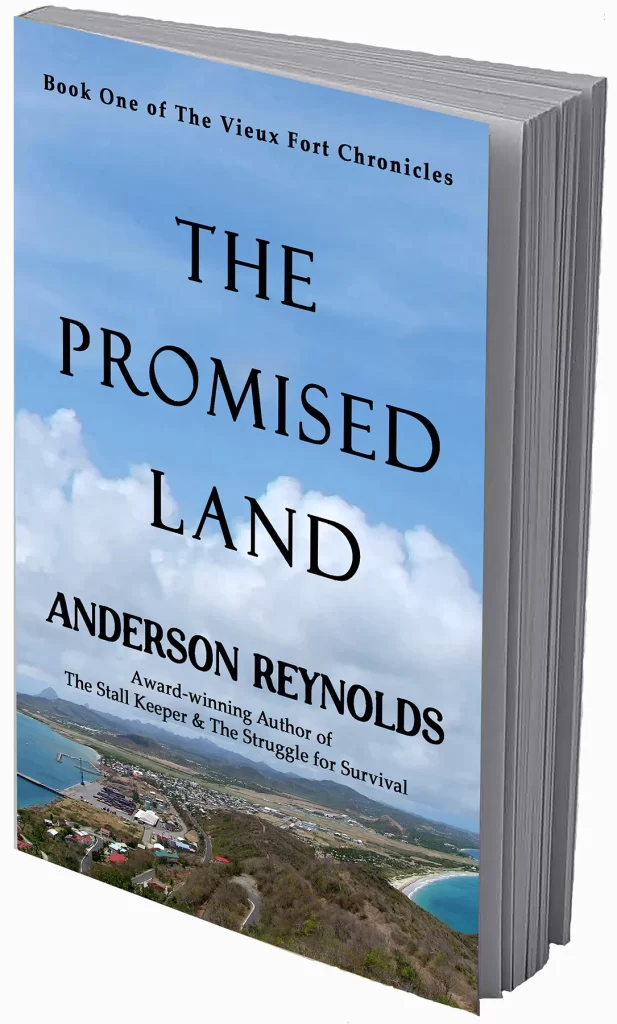
Of The Promised Land, Dr. Jolien Harmsen, author of A History of St. Lucia, as well as …A social history of Vieux Fort St Lucia…, said:
The Promised Land is a biopsy of the disease of underdevelopment in a Caribbean town. It traces the deep historical roots of the disease … (and) dissects how subsequent post-war governments have failed to engender an organic, indigenous community response…for anyone who genuinely cares about the future betterment of life for the people of Vieux Fort, The Promised Land offers an uncompromising analysis, and plenty of good advice!
I’m planning to publish another book, St. Lucia at a Crossroad, before the upcoming general elections, which will focus on the aftermath and implications/ramifications of the 2021 elections. It is not a good practice to publish multiple books in the same year, but Magna was long overdue, while The Promised Land and St. Lucia at a Crossroad are required reading before the general elections (likely in 2026) since they highlight what’s at stake and provide guidance/illumination on the governance and socioeconomic development of the country.
The second (The Promised Land for Sale) and third (The Promised Land in Despair) books of The Vieux Fort Chronicles are likely to be published next year.
Special Thanks To My Readers and Facilitators
Contrary to what I keep hearing, that St. Lucians don’t read, everywhere and every time I conduct a book signing, I run into St. Lucians who have bought and read all my books and are impatiently waiting for the next one. Upon her ten-year-old son’s urging, one mother bought Death by Fire for him from M&C on Bridge Street, Castries, and she said the child read the book in three days. Now, does that sound like St. Lucians don’t read?

I’m convinced that it isn’t that St. Lucians don’t read. It’s a matter of a quadruple-hurdle problem. First, to purchase a book, people have to be aware that the book exists; second, they have to be convinced that it’s the kind of book they would want to read; third, the book must be readily available for purchase; and fourth, they need to have the disposable income to do the purchasing. So there lies the challenge authors face.
Notwithstanding talk of St. Lucians don’t read, from the support and feedback I receive from St. Lucians at home and abroad, I am very much encouraged and motivated to keep on writing. Indeed, it was after my 2017 international book tour, during which I was bowled over by the pride and appreciation St. Lucians in the diaspora showed me as an author, that I decided to be a full-time writer and to put out a book at least every two years, a promise I’m pleased to say that I am now surpassing.
Many persons and establishments have helped me along my writing journey, but there are a few who stand out. So, at this juncture in my writing career, when I have finally accepted that I am a writer in the full sense of the word, it is fitting that I express some gratitude.
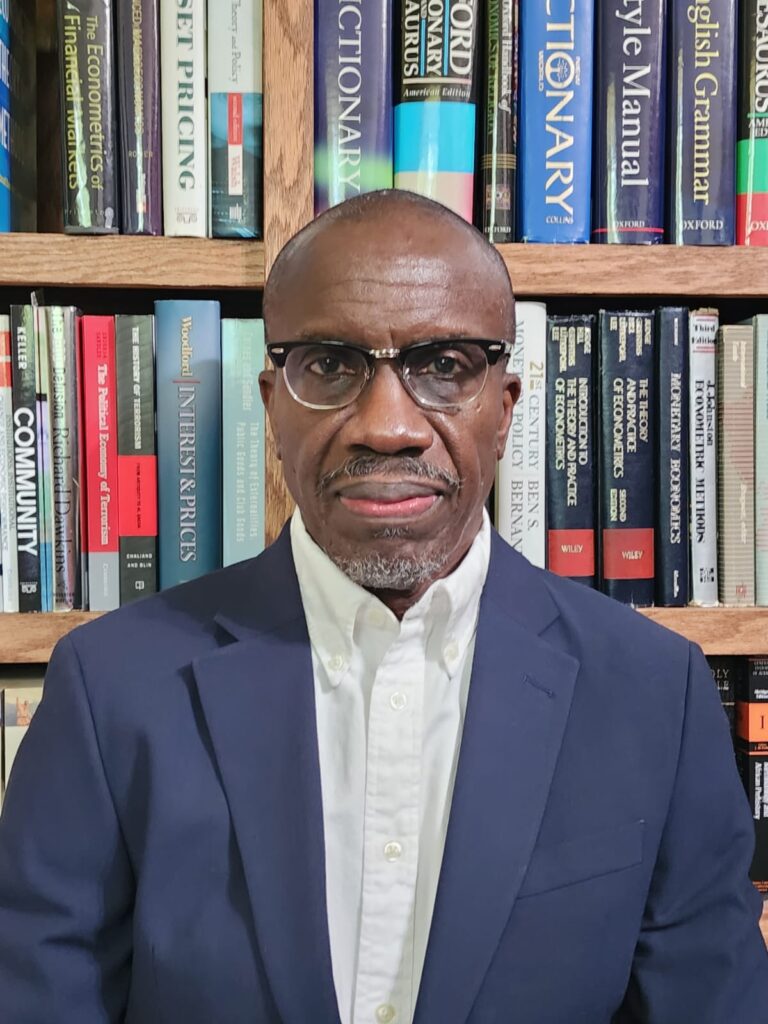
Economics professor and a pioneer in the economics of religion
In terms of establishments—bookstores, venue providers, government agencies and media houses—I must say special thanks to Noah Arcade, Valmont’s Book Salon (out of business), Sunshine Bookshop (out of business), Hotel Chocolat, Sandals Hotel Chain, M&C on Bridge Street, Export St. Lucia’s Taste of St. Lucia, Hallmarks at JQ Rodney Bay Mall, Vieux Fort’s Back to Basics, Green Enterprises, St. Lucia New York Consulate, St. Lucia London High Commission, DBS, Choice, HTS, Calabash TV, The Voice, and The Mirror, all of which have played an important role in facilitating my various book and writing activities.
In terms of editors, book reviewers, writing coaches and general support and encouragement, I must say special thanks to Allan Weekes, Modeste Downes, Dr. Jolien Harmsen, my brother Dr. Prosper Raynold, Tedburt Theobalds, Carleen Jules, Jacques Compton (who is no longer with us) Peter Lansiquot, Stan Joseph of New York, Alexander Clarke, and Brian Jones Francis, to whom I am heavily indebted.
And, of course, I must say thanks to my readers from whom I draw the most strength and encouragement, and who are proof that my efforts and sacrifices are not in vain. I know from the example of Oliver Twist—Please, sir, I want some—it isn’t a great idea to ask for more after you have been given. However, I’m going to throw caution to the wind and ask that you leave a review of my books on Amazon, Goodreads, and/or other online platforms. This would mean a lot to me, for I’m very much interested in what you thought of the books, and I’m sure other readers would, too.
Brand St. Lucia Growing Stronger Day by Day
Rick Wayne, St. Lucia’s most famous journalist and world-renowned bodybuilder, never misses an opportunity to let me know how mediocre and backward St. Lucians are. Of course, some of the things he points out hold some truth. But what dismays me is that when I point out some of the positives, he always finds a way to dismiss them as trivial or the accomplishments of outsiders.
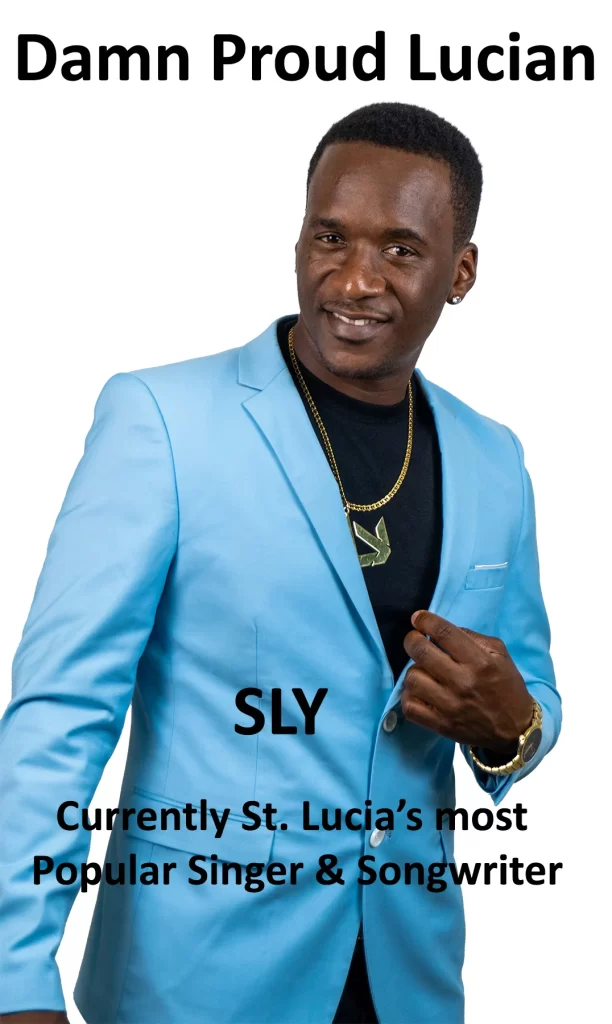
I am pleased to tell Rick that despite the many challenges our country faces, not least being the recent escalating violent crime, brand St. Lucia is growing stronger day by day. As its perennial international travel awards suggest, the island continues to hold its own as a world premier tourism destination, garnering a record-breaking nine nominations for the prestigious 2025 World Travel Awards. Seemingly taking a page from Walcott, who insists that St. Lucia’s strength lies in its culture, cabinet minister Dr. Ernest Hillaire and his team have taken the hosting of cultural and national events—St. Lucia Jazz and Arts Festival, St. Lucia Independence, Carnival, Emancipation, Jounen Kweyol—to new heights. The events are so well planned, promoted, orchestrated, and presented in such tantalizing fashion that they seem too much of a good thing (if there is any such thing) in that they give the impression that the island is in continuous party mode. And of course, we have Olympic gold medalist Julien Alfred, whose amazing and history-making feat on the world stage made St. Lucia go viral.
Yet other St. Lucian gems keep popping up. St. Lucia’s very own Aasia Laurencin made it to the semi-finals of the Women’s 60m hurdles at the 2025 World Athletics Indoor Championships in Nanjing, China.
Author Canisia Lubrin, who hails from Jacmel, Anse La Raye, has emerged as a world-renowned writer, with several prestigious international awards under her belt. To begin with, she is the co-winner of the 2021 Windham–Campbell Literature Prize in poetry. The Dyzgraphxst, her second collection of poetry, won four awards, including the Derek Walcott Prize, the 2021 Griffin Poetry Prize, and the overall OCM Bocas Prize, the Caribbean’s most prestigious literature prize. And her third and most recent book, Code Noir, a collection of short stories, won the 2025 Carol Shields Prize for Fiction, which, with a US$150,000 award, is the world’s largest English-language literary prize for women and non-binary authors. Clearly, Derek Walcott aside, seemingly overnight, Ms. Lubrin has become by far St. Lucia’s most internationally acclaimed writer. She is just 41, so she has plenty of time to join Walcott and Lewis on the Nobel Laureate podium.
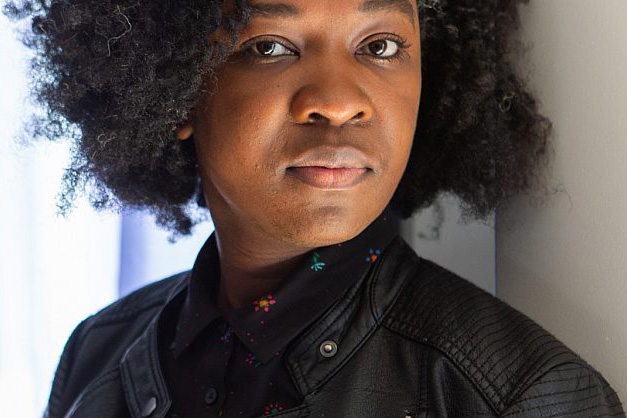
Derek Walcott aside, St. Lucia’s most internationally acclaimed author
I left St. Lucia in 1979 to attend university in the US with the twin objective of returning home to occupy a higher level in the food chain and to help develop my country. I suspect this is true of most St. Lucians who emigrate. However, not everyone is able to return home while still healthy and productive. So I’m grateful that I was able to return and become part of my country’s development. On my return, as a writer just starting off, my goal was quite modest. I simply wanted to add my voice to the voices already there, among them John Robert Lee, Kendel Hippolyte, Jane King, Adrian Augier, Modeste Downes, McDonald Dixon, Jacques Compton (now deceased), George “Fish” Alphonse, Monsignor Dr. Patrick Anthony (fondly known as Paba), Allan Weekes, Travis Weekes, Dr. Earl Long, Rick Wayne, and Stanley French (now deceased).
Indeed, one of my best literary/lecture treats was Paba’s 2001 (hope I got the date right) Derek Walcott Nobel Lecture on the 1950s St. Lucia Arts Guild, when the likes of Derek Walcott, Roderick Walcott, Dunstan St. Omer, Allan Weekes and others sparked a St. Lucia Renaissance (with many similarities to the Harlem Ressaance of the 1920s and 1930s) that reverberated throughout the Caribbean, birthed no less than Knights and Nobel Laureates, and continues to influence St. Lucia art and culture up to today. See chapter 17 of the third edition of The Struggle for Survival: a historical, political, and socioeconomic perspective of St. Lucia, for a fuller treatment of the 1950s St. Lucia Renaissance.
I’m grateful to these writers and the other St. Lucian cultural creators and propagators for accepting and welcoming me into their fold. The community of St. Lucian writers and cultural creatives is contributing richly to brand St. Lucia. If with my books, I can bring greater awareness of our history and culture, and can help grow and strengthen brand St. Lucia even by a little, then my work would not be in vain. So with your continued support and encouragement, I hope to continue doing my part, further cementing brand St. Lucia and in the upliftment of my hometown of Vieux Fort.
I must confess that I got up in the morning with my promotional cap on to write a brief blog to share with readers that my two new books are now available on Amazon and will be available in St. Lucia by next week. But then I had warm feelings about St. Lucia and the positive strides the country has taken in the past few years. And maybe some of those positive emotions were brought on by Alexander Clark’s wonderful video/song tribute to my writing. So instead of writing just a book promo, I ended up rambling along. Thanks for your patience and indulgence.
Other Recent Blogs on Magna & The Promised Land
The Promised Land — A Review
Readers’ Favorite gives MAGNA 5-Star Reviews
MAGNA—Dr. Reynolds’ Finest (by Modeste Downes)
Booklife Selects MAGNA as its Editor’s Pick
A New Beginning for Vieux Fort & The Legacy of Kenny Anthony
![]()

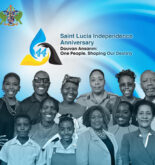
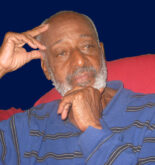
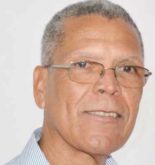
4qq3hk
5dh9en
kp0uwr
vwdfdt
I like what you guys are up also. Such clever work and reporting! Keep up the excellent works guys I have incorporated you guys to my blogroll. I think it will improve the value of my site 🙂
2yazik